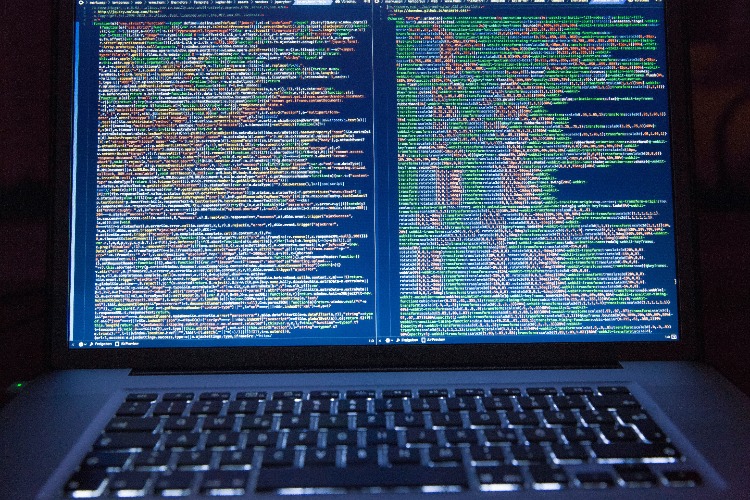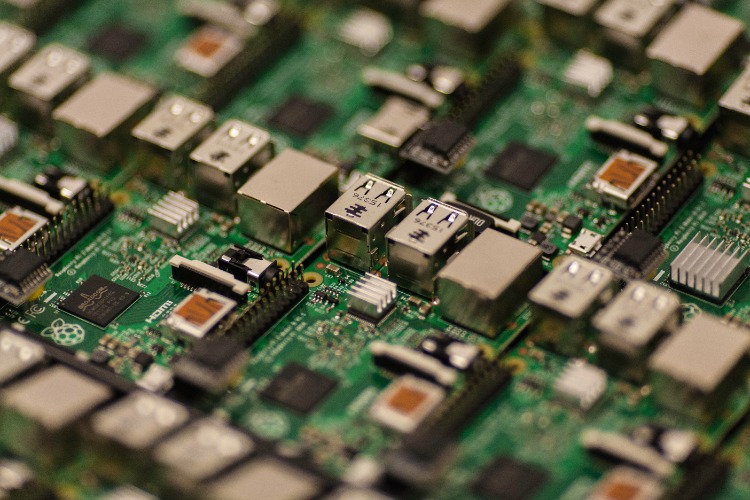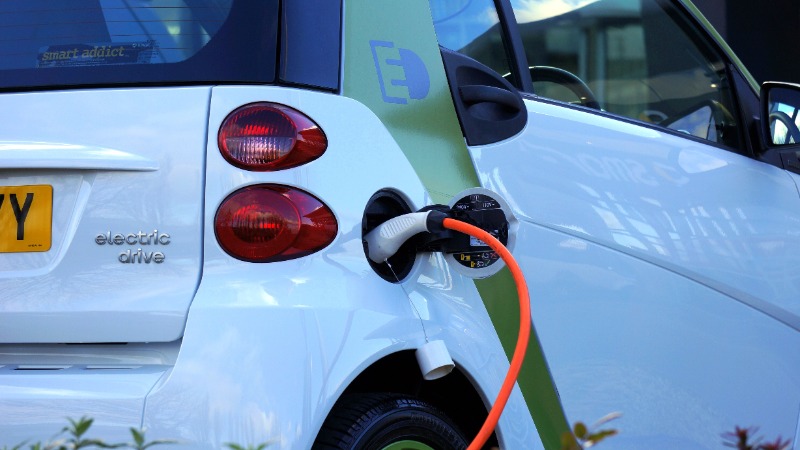The tech industry is fast-paced and ever-changing. The rapid developments in just one week can be monumental for the industry’s future. With this said, we are here to break down the latest news to help you stay updated. This week has seen a lot of developments across various sectors, from new shocking results of the MGM data breach, Atlas V launching Amazon’s first internet satellites, RISC-V chip tech raising tensions between the U.S. and China, and more. So, let’s get started!
New Shocking Results of the MGM Data Breach
Last month, one of the world’s largest gambling firms, MGM, had a data breach that wreaked havoc on the resort. Alpha V, a hacking group, admitted to being a part of the breach along with Scattered Spider to steal data with the intent of extortion. While MGM quickly shut down its systems to stop the cyberattack upon detection, the hackers still got information from certain customers who made past transactions with MGM in 2019. Personal data collected includes passport numbers and social security numbers.
CEO and President Bill Hornbuckle of MGM Resorts explained what they have done since the attack to protect past, present, and future customer data: “As part of our remediation efforts, we have rebuilt, restored, and further strengthened portions of our IT environment. We will offer free identity protection and credit monitoring services to individuals who receive an email from us indicating that their information was impacted.”

Atlas V Launching Amazon’s First Internet Satellites
On Oct. 6, Amazon will deploy its first satellites, which marks the beginning of Project Kuiper, a space internet initiative that’ll challenge and compete with SpaceX’s Starlink. The launch will involve two satellites, KuiperSat-1 and KuiperSat-2. The tech will lift into orbit on a United Launch Alliance (ULA) Atlas V rocket in Florida. Almost 500 kilometers above the Earth’s surface, the new satellites will evaluate the Kuiper mega constellation, a network with 3200 satellites.
RISC-V Chip Tech Raise Tension Between US and China
The Biden administration is facing pressure from lawmakers who want to prevent American companies from utilizing the freely available chip technology from China called the RISC-V. The open-source technology can be an integral tool for applications such as artificial intelligence computers and smartphones.
Several senators urged the Biden administration to see the RISC-V as a national security issue. The lawmakers are concerned that Beijing is using open collaboration with American businesses to advance its industry, which weakens the U.S. position in the chip industry and helps further grow China.

New Income Tax Credits for Electric and Plug-in Vehicle Buyers Begin 2024
Beginning in 2024, U.S. citizens interested in purchasing a new or used electric or plug-in hybrid vehicle can get government income tax credits right at purchase. Before this change, eligible buyers had to wait until they filed their federal income tax returns to see the benefits. Under the new Inflation Reduction Act, buyers can now have credits of $7,500 for a qualifying new vehicle and $4,000 for an eligible used vehicle almost instantly. The government action is said to lower consumer costs and support car dealerships by promoting electric vehicle sales.

Microsoft Redesigns the Team App
Microsoft introduced an enhanced version of its Microsoft Teams redesigned for speed and user-friendliness. The updated version has been anticipated since March and is now available for free installation by Windows and Mac users after years of development.
According to Microsoft, the new Teams version operates up to twice as fast and utilizes 50% less memory. Installing the app is now three times faster and launching or joining meetings happens two times quicker. Plus, the application now occupies 70 percent less disk space.












